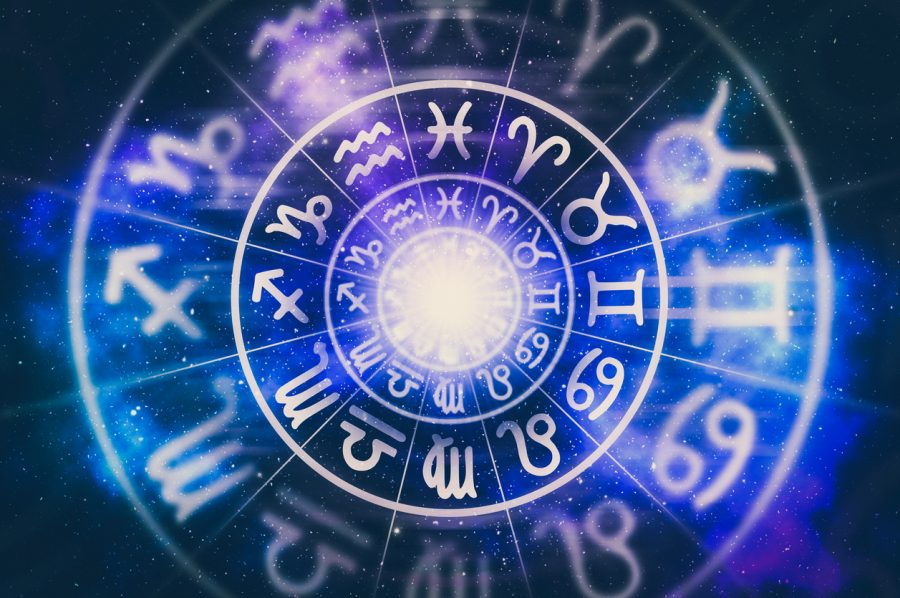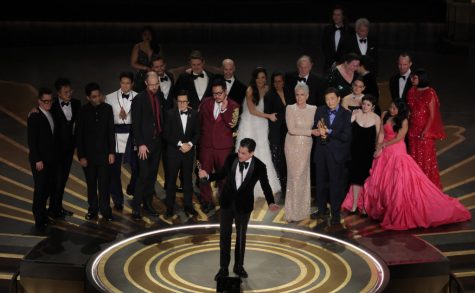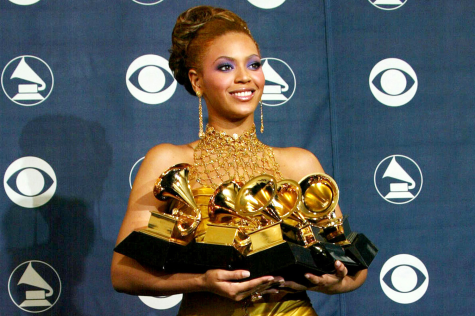The Future of Astrology in the Age of Technology
September 8, 2021
As social media reignites interest in Astrology, its future remains uncertain
While many of the concepts originally proposed in astrology were debunked or challenged by modern science, as much as 25% of Americans believe in it. Astrology is an ancient form of predicting real-world events off of the positioning of the stars in the sky as it relates to Earth.
Unfortunately, the original concepts of astrology have been largely lost by modern audiences. With astrology once again becoming popular with social media users, the field has two potential futures: one of tradition or internet platforms capitalizing from inaccurate monthly horoscopes.
Fortunately, astrology is once again picking up popularity with social media users. When asked what drives people to astrology even though science conflicts with it, “Truth… knowing there is something real and there is an order to the universe,” Lance Ferguson said, an avid student and reader of astrology since 1975.
Horoscopes, as they’re known today, were first introduced to American media in the 1930s and eventually became marketed towards women. These horoscopes focus on a person’s sun sign; the sign most people associate with their birthday. Women today are still twice as likely as men to believe in astrology.
The issue with modern-day astrology is that many people rely on the basic horoscopes created by the media. These horoscopes don’t follow the traditional chart form of astrology because they only discuss a person’s sun sign. This can create an incomplete picture of a person’s real horoscope for a given time due to the loss of other important factors such as their moon sign, rising sign, and houses.
“Astrology is complicated. Sun sign astrology (horoscopes) is like looking at one ingredient in a recipe and telling you what it will make. This is the problem with newspaper stuff. It’s all garbage and I think not even written by an astrologer,” Ferguson noted.
By several accounts, Ferguson appears to be correct with magazines such as Teen Vogue and Cosmopolitan having horoscope sections. While these magazines have real astrologers writing them, Smithsonian Magazine reported that many horoscopes in the media were historically written by writers with little knowledge on the subject.
Ferguson runs Skywatch Astrology, a website that uses astrology as a tool to guide people in their decision-making process throughout life. Based on planetary alignments, people can either have “Kiss days” where the overall outcome of the day is good and people should take risks, as well as “Quack days” where people should expect excess stress in their lives. These days are the same for everybody, but individual signs also have their own predictions.
“I almost think the only way to prove astro[logy] is to get a personal reading of your birth chart,” Ferguson explained. Traditionally, astrology utilizes all of the planets in what are known as charts. A birth chart requires a person to know where, when, and at what time (preferably to the minute) they were born. They detail specific information about a person including their strengths, weaknesses, and personality traits. Many astrologers can forecast when major events happen in a person’s life based on their birth chart.
Much like a clock, a chart has 12 houses and each house represents a specific outcome of events determined by how its ruling planet corresponds with another. The planets, moon, and sun within a house can determine the events of a person’s life at a given time.
The sun sign, most commonly discussed in horoscopes,determines someone’s identity and self-value. Two other very important signs on a chart are the moon and rising signs.
The moon sign determines information on someone’s character and ambitions. Since the moon moves through one sign every 2-3 days, it is important to know where it is within your chart to provide an accurate prediction of events.
Finally, the last of the three most important signs is the rising. The rising sign refers to what sign was rising on the other side of the world at the time of somebody’s birth. This sign determines someone’s outward appearance (what sign someone appears to be to others).
Fortunately, astrology is once again picking up popularity with social media users. When asked what drives people to astrology even though science conflicts with it, “Truth… knowing there is something real and there is an order to the universe,” Ferguson noted.
Astrology is at a crossroads with many looking into unspecific, heavily commercialized forms of it for guidance and others learning how to read charts and predict specific events from the Internet, much like Ferguson did when he first began studying it in 1975.
As astrology continues to be picked up by this generation, Ferguson hopes that the truth about it comes out.
















